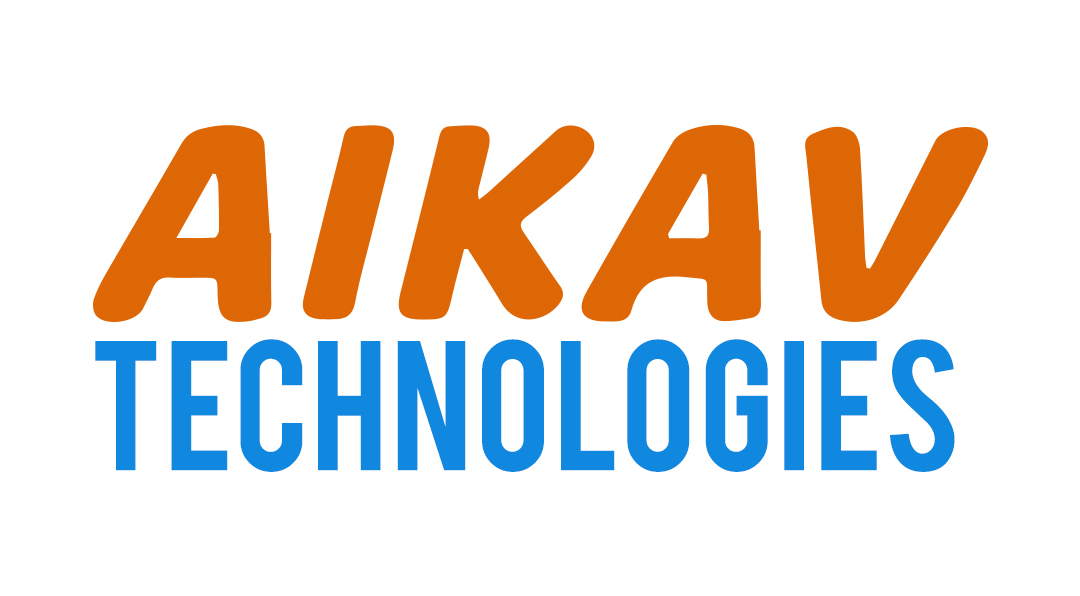
Drupal's built-in logging system is functional but may not offer the advanced features some developers require, especially for complex sites with high traffic or specific logging needs. Monolog, a robust and flexible logging library for PHP, can be easily integrated with Drupal to extend and improve its logging capabilities.
In this article, we’ll guide you through the process of integrating Monolog into your Drupal site to achieve more powerful logging solutions. By default, Drupal uses its own database-driven logging system (the Watchdog module), but Monolog provides greater flexibility with advanced features such as:
Multiple Handlers: Direct your logs to various destinations like files, databases, remote servers, or third-party services (e.g., Slack, Syslog, or Sentry).
Advanced Log Level Management: Better manage how and when logs are recorded, from debug information to critical error reports.
Custom Channels: Log different aspects of your site (e.g., user activity, API requests, database queries) into separate channels for more granular control and analysis.
Asynchronous Logging: Improve site performance by logging asynchronously, reducing the load on your Drupal site during high-traffic periods.
In this post, we will cover everything from installing the necessary modules and configuring Monolog within Drupal to using custom handlers and optimizing your log files. By the end of this tutorial, you will have a fully customized logging setup that not only improves error tracking but also provides deeper insights into your Drupal site's behavior.
Whether you're troubleshooting critical issues, optimizing performance, or ensuring regulatory compliance, Monolog's powerful features will take your logging to the next level. Let’s dive in and enhance your Drupal logging system!
